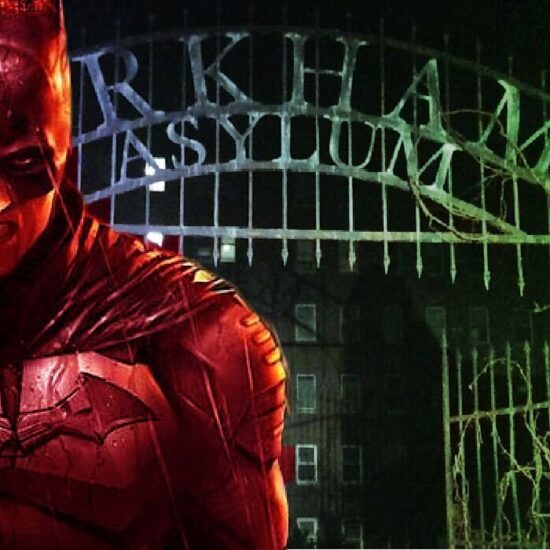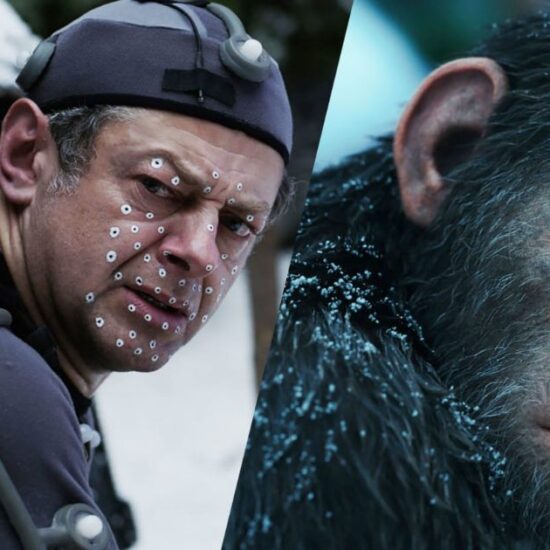
Summary
- Dumb Money serves as a time capsule of the early 2020s, capturing the moods, cultural quirks, and aesthetic choices of the present moment.
- The film highlights the absurdity of our lives through satire, showcasing the wealth redistribution story sparked by an app named Robinhood and the influence of internet celebrities on politics, business, and media.
- Dumb Money calls for a wage gap revolution, urging viewers to re-examine their roles, unite, communicate, and organize for change, reminding us that real success lies in attention to detail, collective action, and unwavering dedication.
If you’ve seen Martin Scorsese’s daring meta-comedy, The Wolf of Wall Street, you’re probably familiar with the faulty ways the American system is set up to bet against the average citizen. Even for a bombastic Hollywood film filled with pressed pills and blatant hedonism, there was still a cautionary undertone that pervades the rags-to-riches-to-rags storyline of Jordan Belfort. For a man comfortably accustomed to yachts and mansions, being relegated to public speaking seemed like a specially designed place in hell for the once-millionaire.
The lines aren’t drawn as neatly in the newest edition of the Wall Street movie. In Craig Gillespie’s Dumb Money, the good guys disappear off the face of the earth, and the bad guys, according to Jesse Pound at CNBC, “buy a controlling interest in the Charlotte Hornets NBA Franchise.” For many reasons, the David vs. Goliath story comparisons hardly feel appropriate aside from character descriptions.
Dumb Money follows Paul Dano’s Keith Gill, aka Roaring Kitty, aka DeepF*ckingValue, as he pits himself against Seth Rogen’s Gabe Plotkin and the gaggle of billionaire overlords who treat Wall Street like blackjack. Weaponized with his YouTube channel and the internet calvary of the r/WallStreetBets subreddit, Gill upends Plotkin’s hedge fund Melvin Capital by short-squeezing GameStop’s stock. As aforementioned, however, the dividing lines aren’t always clearly defined.
Within the complexities and complications, Dumb Money finds its charm and social value. It’s not as concerned with creating good guys and bad guys as much as it wants to send a message of concerted collectivism and social unrest while teasing an imminent revolution.
Time Capsule of the Early 2020s
Unlike The Wolf of Wall Street, which covers events from the past, Dumb Money excels as a rumination on the present. Usually, it takes us five to ten years to truly understand the effects of a groundbreaking cultural phenomenon. Rarely do we see a film that documents our reality in real-time.
Decades into the future, we’ll look back on Dumb Money as a pertinent time capsule of the early 2020s, all of its moods, cultural quirks, and aesthetic choices.
The film relies heavily on the cultural iconography we most strongly associate with the present to help create a resonance with everyone today. The prevalence of face masks obviously recalls the beginning stages of the pandemic, along with the unknowns and uncertainties that bombarded society. The frenetic flurry of TikTok videos and Roaring Kitty’s pixelated YouTube videos remind us of our tethering to social media and online spaces.
Along with recent horror films like Bodies Bodies Bodies (2022) and Talk to Me (2022), this movie confronts our love-hate relationship with our cell phones by cleverly tying it into the film’s DNA. The music video soundtracking and editing style, combined with the multitude of character plotlines, hints at notions of a metaverse while emphasizing how everything previously mentioned keeps us all connected.
Aside from all the cultural imagery, Dumb Money also captures the absurdity of our lives in a charming example of satire. Admittedly, since the election of the man in orange, our lives have been nothing short of absurd. Every other week, the news cycles are filled with satirical films and absurd tales that feel handwritten for Saturday Night Live. A wealth redistribution story of Robin Hood proportions sparked by an app called… Robinhood (!?). It doesn’t get much better than that, folks.
And all this talk about COVID, TikTok dances, and, yes, Mr. Trump himself, is that politics, business, and media have become subjected to the influence of the internet celebrity, that our lemming mindset is still willing to run off a cliff if there’s a comfy padding of $100,000 waiting at the bottom.
Through all the satirical jest, however, we find Gillespie’s sentimentality, a valiant effort at providing a rude awakening meant to rally the troops.
Wage Gap Revolution
Although Dumb Money offers a thoughtful composition of where we are now, it serves as a strong message that bodes for a hopeful future. At the heart of this underdog story is a call for a wage gap revolution.
In an interview with Deadline, Gillespie shares, “[t]his is about the everyman and at the heart of that is Keith Gill and … the frustration in the country about what’s going on with this wealth disparity.” Gillespie highlights a recent development from our current decade: the overwhelming effects of wealth inequality and how the coronavirus pandemic only exacerbated those effects.
Dumb Money is the director’s call to action, a bold request to re-examine the roles we exhibit in our lives and the changes we can enact if we unify, communicate, and organize. Despite the film not having a perfect Hollywood ending, it exclaims there is more to accomplish and that this is merely one domino in a series to fall.
The film spells out the formula for success. Gill’s attention to detail helped him snuff out the GameStop short, reminding us that the answers are usually lying in plain sight. His ability to harness an online community proves that collective action is our most powerful tool. And his relentlessness to “hold the line” to dedicate himself to this unreachable goal is what enacts real change in the end.
When we use Dumb Money as a reflection on our lives today, Gillespie hopes it inspires more than just a laugh or a smile. It invites us to view this news headline as more than just another post on your doomscroll, to look at this story as a stepping stone towards not just upending a hedge fund but upending the system that continues to bail them out time and time again.















